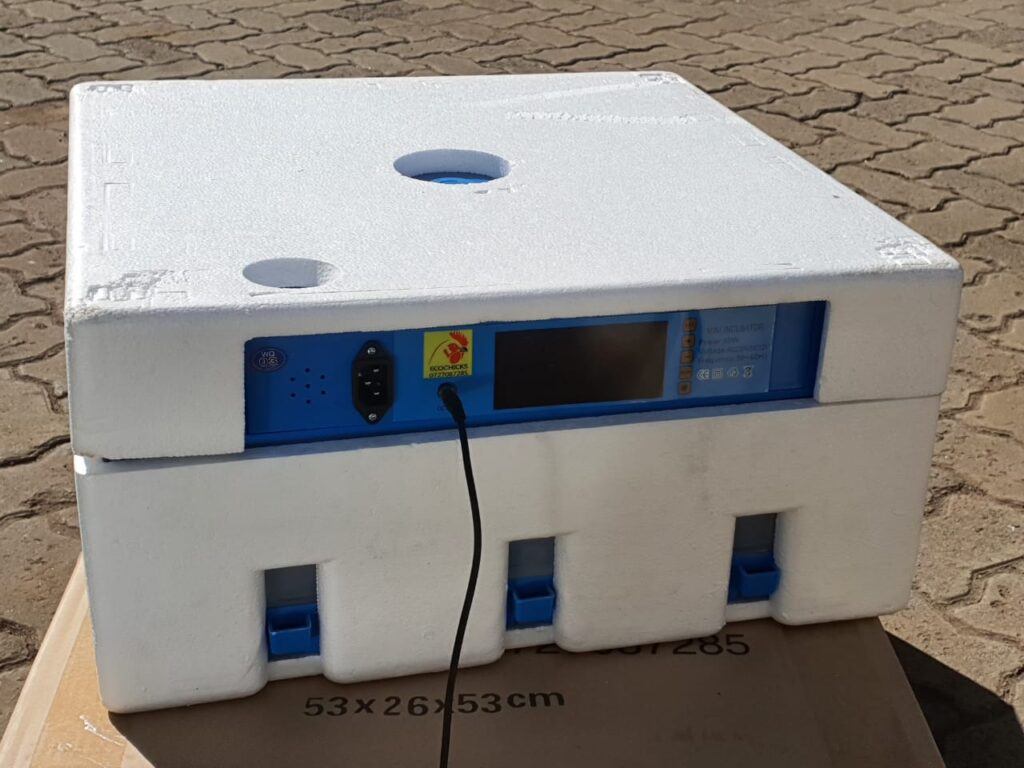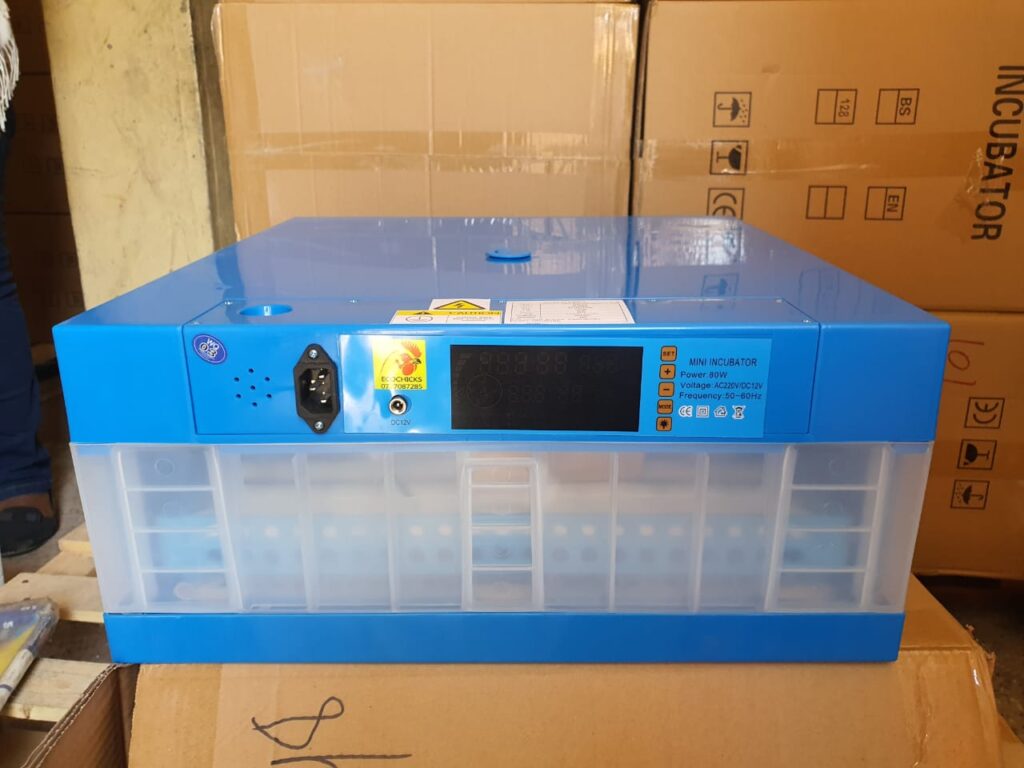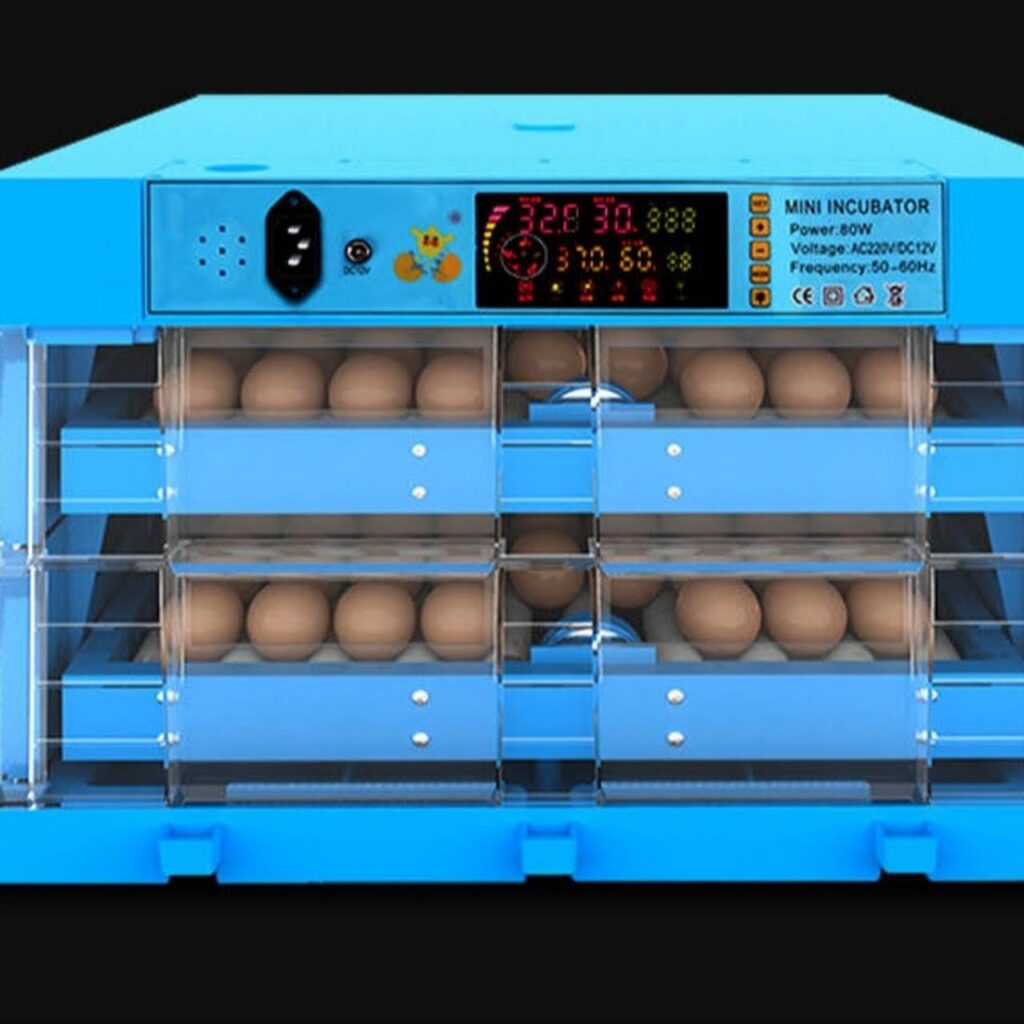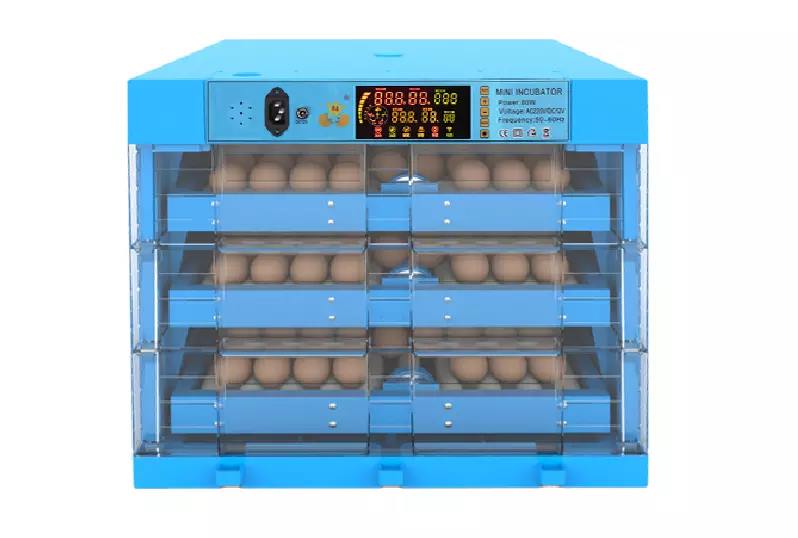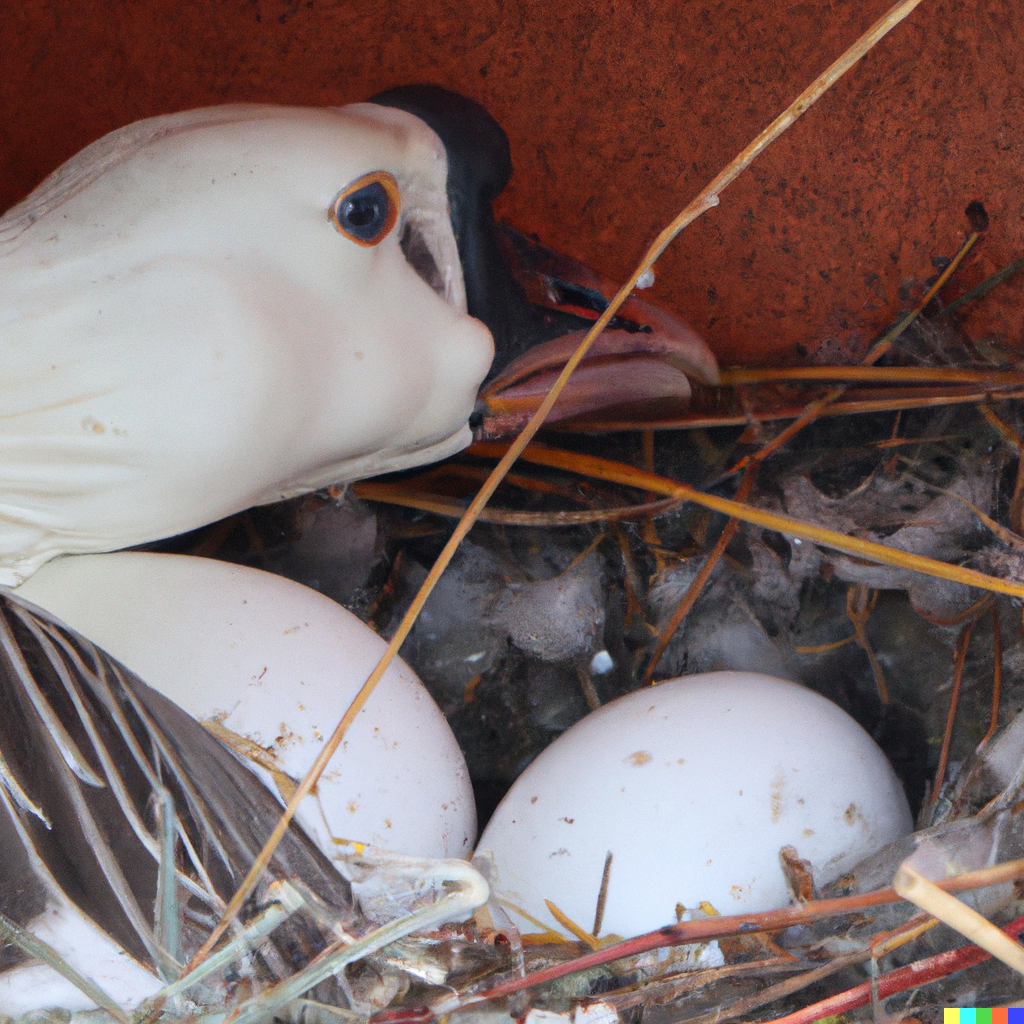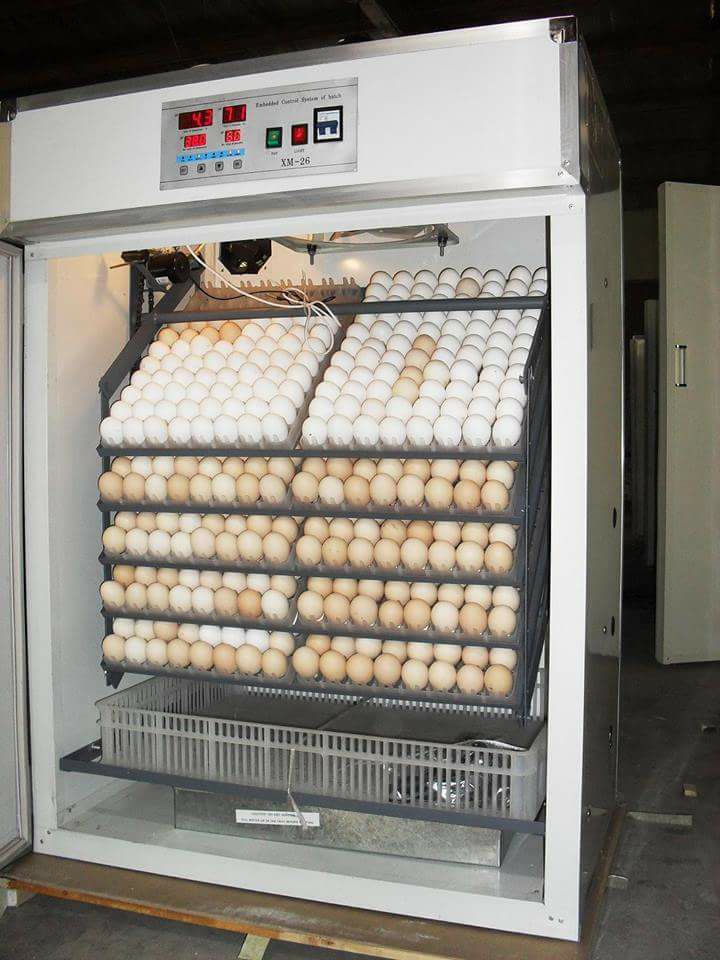How can I tell if an egg is fertile and viable for incubation?
There are a few ways to determine if an egg is fertile and viable for incubation:
- Candling: This involves shining a bright light through the egg to inspect the interior. A fertile egg will have a dark spot (the blastoderm) visible through the shell, while an infertile egg will be clear.
- Float test: This involves placing the egg in a bowl of water and observing its position. If the egg stands upright and the large end is up, it is likely to be fertile and viable. If the egg floats and tilts, it is likely to be infertile.
- X-Ray: This involves using an X-Ray machine to inspect the interior of the egg for evidence of embryonic development. This method is more accurate than candling or the float test, but is not commonly used for small-scale incubation.
It’s important to note that even if an egg is fertile, it may not be viable for incubation due to issues such as age, handling, or storage. In general, it’s best to use fresh eggs from healthy, disease-free birds for incubation to ensure the best hatch rates.
It’s always best to consult with a specialist in egg incubation or an experienced poultry farmer to determine the fertility and viability of your eggs.


